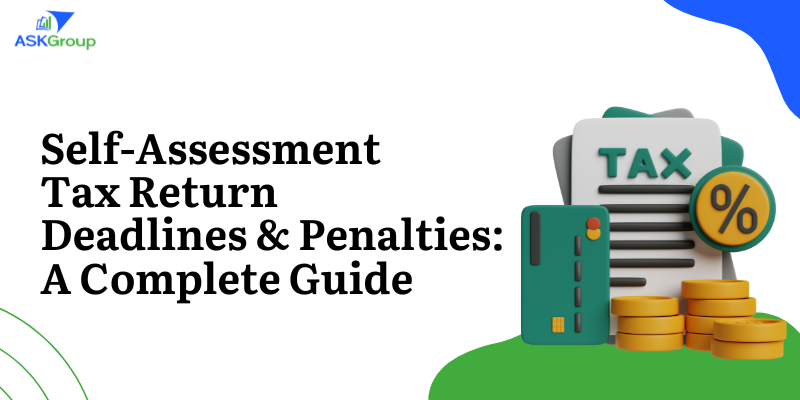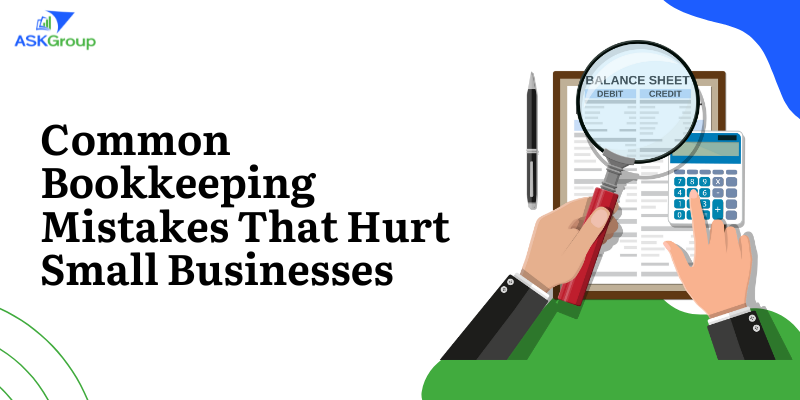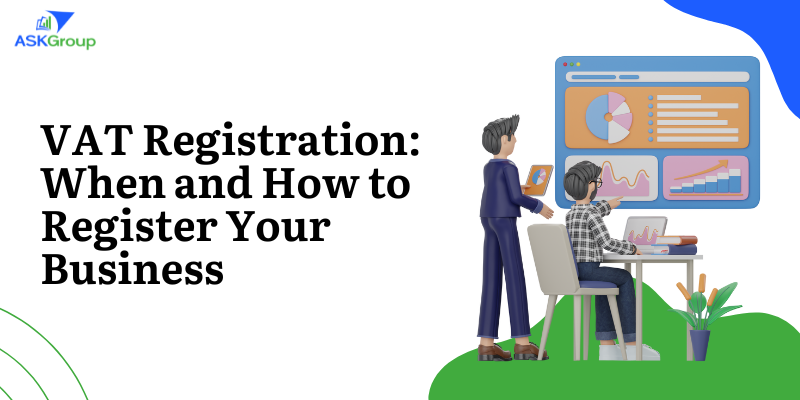
Table of Contents
Millions of people in the UK can find the end of the financial year daunting. When you are self-employed, a landlord, or otherwise have complicated income, your annual tax return is the Self-Assessment tax return. It is important to figure out how to deal with the deadlines, and to know possible punishments in case of failure to meet the deadline.
This guide is meant to unveil the whole process taking care that you are not on the wrong side of HM Revenue and Customs (HMRC). With the most important dates and regulations, you are able to submit your filing without any fear of incurring extra fees and keep your finances running with ease. We will put it in small, digestible bits.
Introduction
The UK tax year operates in a singular tax year beginning on April 6 th and ending on April 5 th of the next year. This is the timeframe during which you report on your income.
Self-Assessment tax returns have to be completed by a sole trader who earns more than a given limit, a landlord, who is liable to receive property income, or a person whose income exceeds a lot of money in the savings, investment, and/or dividends.
It is also applicable in case you have some untaxed income or require to claim some tax reliefs. The first step to remaining compliant is to know whether you fall into one of these categories.
Knowing Your Tax Year in the UK and Your responsibilities.
The deadline most important to the vast majority is January 31st. And here is your last day to do two extremely vital things. To begin with, it is the deadline in filling your paper tax return of the previous tax year.
Secondly and equally vital, it is the date on which you settle any tax you have to pay that year. Mark this date in your calendar permanently. It is the foundation of the Self-Assessment calendar and its absence is sure to attract a penalty by HMRC, which is the beginning of your trouble of possible charges.
The Deadline You MUST Know to Self-Assess.
You do not have to miss the paper filing deadline. HMRC provides a longer deadline to online returns. You can file your tax return until the next 31 st of January, digitally. As an example, the online filing deadline of the tax year ending April 5, 2024, is January 31, 2025.
The online method is also quicker, safer and the system computes your tax dues automatically along the way. It is the advised option to the majority of the population and will buy you three months more to clean up.
The Online Filing Deadline: Your Digital Safety Net
Two different things can happen with your return, which is to file and their deadline to pay the bill are scheduled simultaneously. You have until January 31 st to pay your entire tax payment on the prior tax year to HMRC.
You are charged this payment in accordance with the income you reported in your return. Ensure that this money makes it to the account of HMRC by this date.
Sending a payment on January 31st might be inadequate, when it takes a long time to be processed. To prevent late payment penalties, it is important to plan your cash flow to make the money available.
The Deadline of Paying Taxes: Due Date of Paying your Taxes
What will happen in case of late filing of your return?
HMRC has a harsh regime of penalties on late returns. Missing the deadline of online filing by January 31 st will automatically impose the fixed penalty. This is a penalty which is paid when you owe no tax or you have already paid your tax bill.
The higher the penalty the longer your return is outstanding. Three months later, you begin to accumulate more day-to-day fines that add up to a big percentage to the overall charge. A large fine is included after twelve months.
The point is quite obvious: submit the paper ahead of the deadline or risk developing a money-ache.
The best tips to avoid penalties and be successful
Penalties are best avoided by organising and taking early action. Do not put off until January to begin thinking about your return. Record your income and expenses on a yearly basis.
Sign up to Self-Assessment as early as you can because it is a time-consuming task. When you are filling your return, do so through the Internet long before the January deadline, preferably by the beginning of January or even earlier.
This allows you plenty of time to work out your final bill and have the money prepared to transfer so the whole process is stress free.
How to Act in case you missed a deadline?
When you have already missed a deadline, then do not panic and run and hide your head in the sand. The worst thing to do is be ignored. The fines will keep on increasing. The immediate step you should take is to act.
Get your return in or your payment in as soon as you can. This will prevent the accruing of any new penalties. You can appeal the penalty in case you have a reasonable excuse to miss the deadline, including severe illness or the loss of a partner.
The process of filing your Self-Assessment tax does not have to be an issue of anxiety every year. You can plan your year by knowing the major deadlines of January 31st of both filing and payment. Embrace the online system for its flexibility and ease of use, and maintain good financial records throughout the tax year.
The possible punishment of the lateness is harsh and can be completely avoided with some planning ahead. Get in charge of your tax life now, pay your taxes when due, and also the peace of mind that comes with being fully compliant.

Ask Group
TOP CHARTERED ACCOUNTANT
Lorem Ipsum is simply dummy text of the printing and typesetting industry. Lorem Ipsum has been the industry's standard dummy text ever since the 1500s, when an unknown printer took a galley of type and scrambled it to make a type specimen book. It has survived not only five centuries, but also the leap into electronic typesetting, remaining essentially unchanged. It was popularised in the 1960s with the release of Letraset sheets containing Lorem Ipsum passages, and more recently with desktop publishing software like Aldus PageMaker including versions of Lorem Ipsum.
Categories
- Accounting (2)
- Book Keeping (1)
- Finance (1)
- Tax (1)
- VAT (1)




